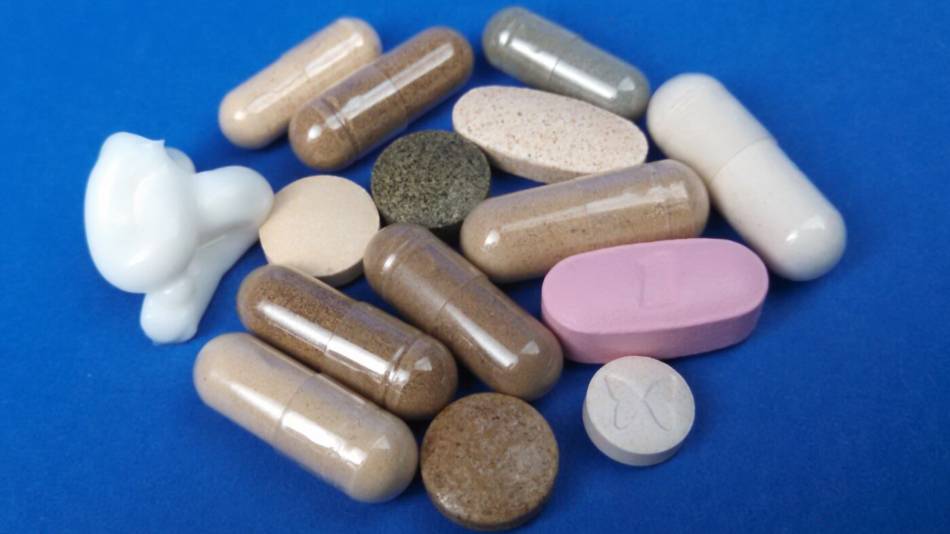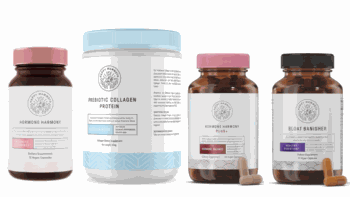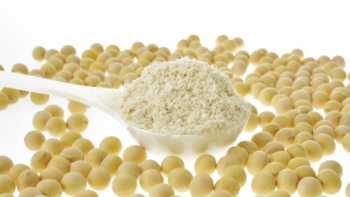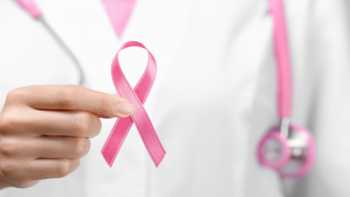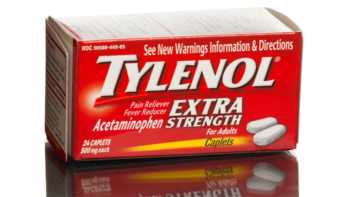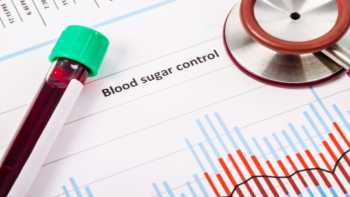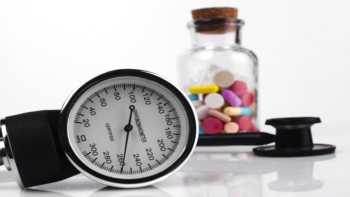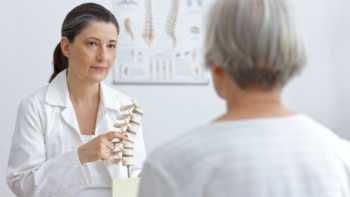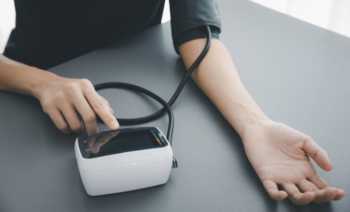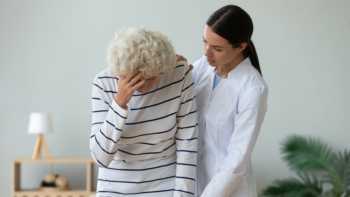Summary
-
Do soy isoflavone supplements reduce symptoms of menopause?
Soy isoflavones have a mild estrogenic effect and can modestly reduce menopausal symptoms, such as hot flashes. Products providing at least 50 mg of soy isoflavones daily or of specific soy isoflavones (15 mg of genistein or 28 mg of daidzein) may be important for these effects and require treatment for several weeks before experiencing improvement. Higher doses are typically used to help maintain bone density (see Soy Isoflavones —What It Does).
- Product labeling typically does not provide details about the specific forms of isoflavones, but ConsumerLab determined these from testing, You can check amounts of isoflavones in products by looking at the 4th column of the Results Table below -- amounts known to be effective are in bold.
- Be aware that only about 1/3 to ½ of women may benefit from isoflavones, depending on whether or not they convert isoflavones into active forms in their gut (see Soy Isoflavones —What It Is).
-
Do red clover isoflavones reduce symptoms of menopause?
Red clover isoflavones may also have benefit in menopause, particularly in reducing night sweats, but it is recommended that products provide at least 40 mg daily of total isoflavones. Both products tested in this review provided this amount or more (see What CL Found).
-
Black cohosh for menopause?
Unlike soy isoflavones, black cohosh does not have general estrogen-like actions, but may act like estrogen only in certain places, such as in the brain and the vaginal epithelium, providing no or modest benefit for symptoms such as hot flashes and vaginal dryness (see Black Cohosh —What It Does). The frequently recommended dosage of black cohosh is 20 mg of standardized extract once or twice a day, manufactured to contain at least 1 mg of triterpenes per day, although some products provide much larger amounts (see the 2nd and 4th columns in the Results Table below) and some products, like Remifemin, may work despite containing no triterpenes.
-
Progesterone for menopause?
Progesterone cream may decrease menopausal hot flashes but does not provide enough progesterone to prevent bone loss or improve bone density (see Progesterone —What It Does). The progesterone creams tested by ConsumerLab were found to contain the amounts of progesterone they claimed (see Progesterone Results Table).
Products tested in 2015
+— 45 sources
In addition the results of its expert testing, ConsumerLab uses only high-quality, evidence based, information sources. These sources include peer-reviewed studies and information from agencies such as the FDA and USDA, and the National Academy of Medicine. On evolving topics, studies from pre-print journals may be sourced. All of our content is reviewed by medical doctors and doctoral-level experts in pharmacology, toxicology, and chemistry. We continually update and medically review our information to keep our content trustworthy, accurate, and reliable. The following sources are referenced in this article:
- Alexandersen, JAMA 2001
- Arora, Bioinformation 2024
- Carmignani, Maturitas 2010
- Carmignani, Menopause 2014
- Chandeying, J Med Assoc Thai 2007
- D'Anna, Menopause 2009
- Dunneram, J Epidemiol Community Health 2018
- Franco, JAMA 2016
- Gold, Obstet Gynecol Clin North Am 2012
- Greed, Front Nutr 2025
- Gudise, Cureus 2024
- Hasper, Menopause 2009
- Heger, Menopause 2006
- Kaari, Maturitas 2006
- Kanadys, Maturitas, 2020
- Khaodhiar, Menopause 2008
- Lu, Clin Nutr ESPEN 2022
- McKnight, Am J Obstet Gynecol 2012
- Nelson, JAMA 2006
- O'Leary, Nutrients 2021
- Patibandla, Cureus 2024
- Pawlowski, Am J Clin Nutr 2015
- Petilli, Calcif Tissue Int 1995
- Pingali, J Menopausal Med 2025
- Reger, Int J Cancer 2018
- Rizzo, Nutrients 2023
- Touillaud, Am J Clin Nutr 2019
- Viña, Alzheimers Res Ther 2022
- Vollmer, Chin Med 2010
- Wober, J Steroid Biochem Mol Biol 2007
- Woo, Menopause 2003
- Xi, Evid Based Complement Alternat Med 2014
- Yigit, Climacteric 2024
- Haddad, Cureus 2024
- Mc Causland, Kidney360, 2023
- Messina, Thyroid 2006
- Mitsunami, Fertil Steril 2023
- Mohammad-Alizadeh-Charandabi, Chinese Medicine 2013
- NIH LiverTox database
- Page, Circulation 2016
- Sathyapalan, Front Endocrinol 2018
- Tu, CRIM 2020
- Unfer, Fertil Steril 2004
- Zeng, Front Nutr 2022
- de Keyser, Pharmacogen Genom 2014
You must
join to get the full test results along with ConsumerLab.com recommendations and quality ratings to help you find the best menopause supplement for you. You will get results for 12 menopause supplements selected by ConsumerLab.com and for four others that passed voluntary Quality Certification Testing, as well as information about two supplements similar to ones that passed testing.
In this comprehensive review, you'll discover:

 Which menopausal products failed testing and which passed
Which menopausal products failed testing and which passed Which soy or red clover supplements and progesterone creams provide amounts of ingredients shown to work
Which soy or red clover supplements and progesterone creams provide amounts of ingredients shown to work  Which foods provide large amounts of soy isoflavones
Which foods provide large amounts of soy isoflavones Potential side-effects with isoflavones, black cohosh, and progesterone cream
Potential side-effects with isoflavones, black cohosh, and progesterone cream
As a ConsumerLab.com member, you may print a copy of this report for your personal use.
You can access a special print version by clicking the "Print" icon in the upper right corner of this report.
You can then use your web browser's print functions to print the whole report or just selected pages.
You may also email or post a link to this report using the web address above.
Non-members using the link will see a free summary and can join to view the full report.
Other means of copying or distributing this report, in part or full, are not permitted.
If you are sight-impaired and your computer is having trouble converting the text in this report to speech,
contact us for assistance at Membership@ConsumerLab.com or by
phone at 914-722-9149.

